Not everyone in your workplace is a well-wisher. You have heard of toxic workplace cultures. You can be tortured mentally or harassed. And you can be a victim. Trial lawyers of mass tort are a savior.
Additionally, if you are associated with any risky job that can cause physical damage as well, this article will be your top guide.
Want to know more about tort law and tort lawyers? Stick till the end.
What Is A Tort? Who Is A Tort Attorney?
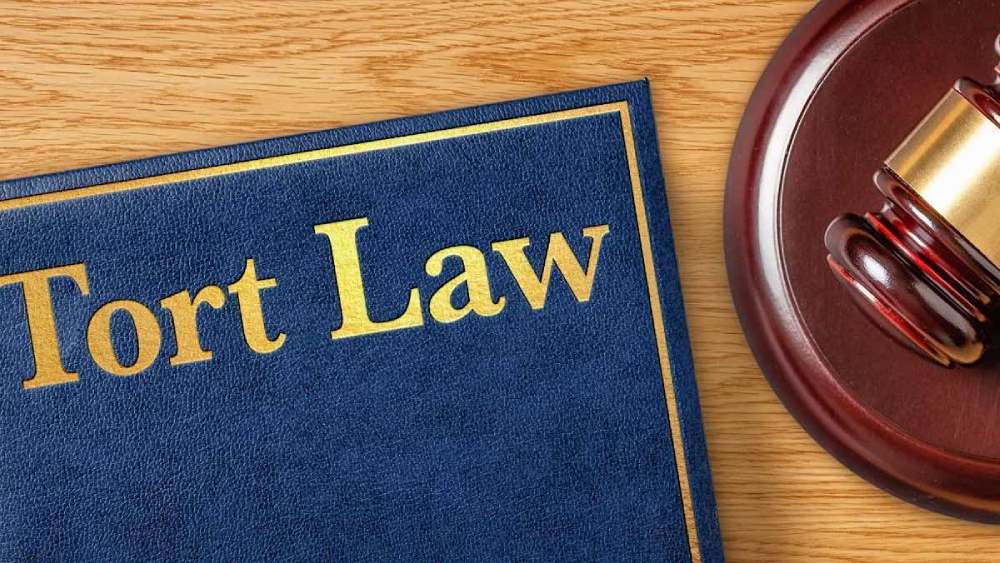
Torts are civil actions that cause harm or damage to another person or entity. A tort can take many forms, such as intentional, negligent and strict liability.
So, what do mass torts lawyers do?
A tort attorney acts on behalf of clients who have suffered harm as a result of another person’s wrongful act. The attorney’s primary goal is to obtain compensation through mediation, settlement, or litigation.
What Is A Tort Law?
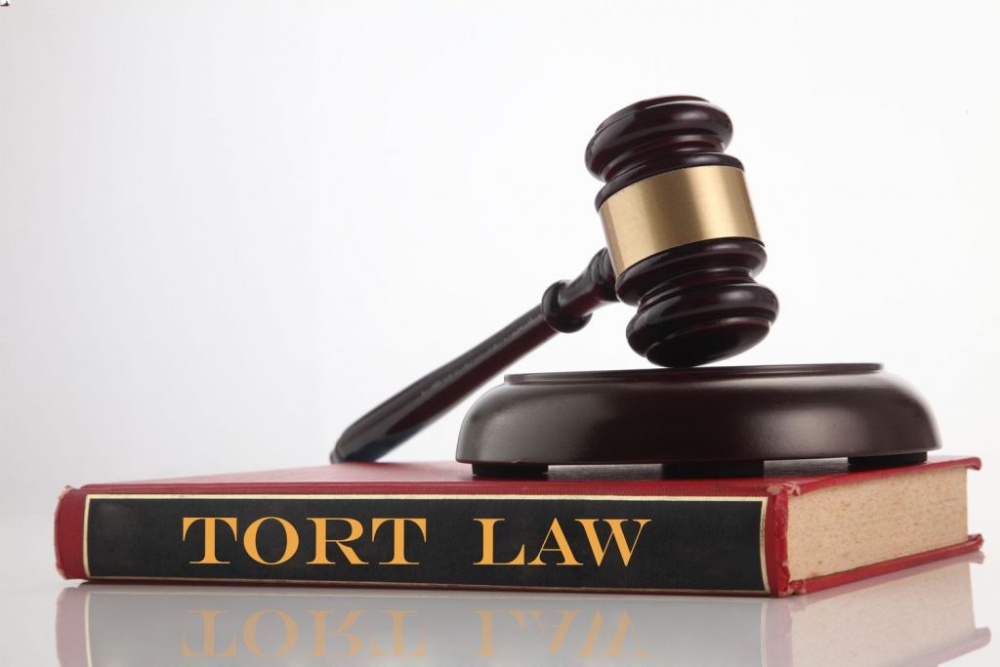
Tort law is a legal system that applies to most civil suits, with the exception of contractual disputes.
The purpose of tort law is to try to right wrongs and award damages for wrongful acts, usually in the form of money.
The victims of a tort claim are required to pay damages to those at fault, such as lost wages, medical bills, and pain and suffering.
Tort law can be categorized into the following and mass tort lawyers can help you with these:
- Intentional Torts: These are damages that have been suffered as a result of the intentional conduct of another person, including assault, fraud, and theft.
- Negligent Torts: These involve the intentional infliction of harm on individuals as a result of another person’s failure to act with a reasonable degree of care, which is generally defined as a reasonable expectation of care. An accident is a common example of a negligent injury.
- Strict Liability Torts: No matter who you care about or what you’re trying to do, strict liability torts only look at the actual act that caused the damage, not the individual or entity who caused it.
What Types Of Cases Do Tort Lawyers Handle?
Tort lawyers deal with damages caused by the wrongful or negligent acts of another person or entity. These damages include:
1. Assault and Battery
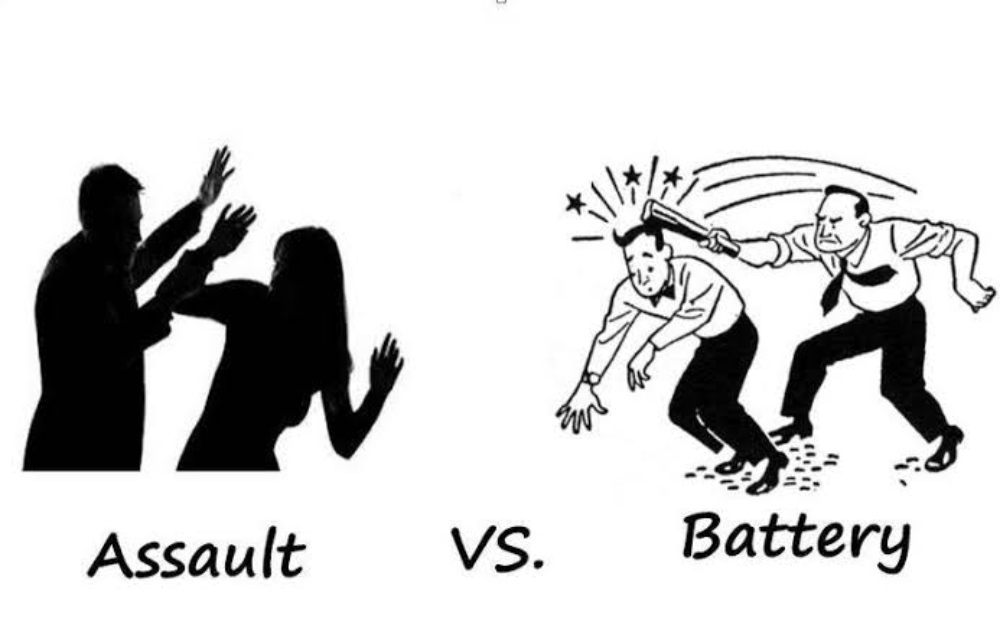
In assault and battery cases, it’s when someone does something intentionally to hurt someone else, like physically attacking them, sexually attacking them, or threatening them with something that makes them scared for their own safety.
In these types of cases, the victim can get money for the pain and suffering they’ve gone through because of the attack.
2. Defamation

Defamation is when someone is hurt because of something they said or did that was wrong, like something they said or said that hurt someone else’s reputation.
3. Medical Malpractice

Medical malpractice is when someone gets hurt because a doctor, nurse, or other healthcare provider made a mistake or did something wrong.
It could be something as simple as misdiagnosing a patient, making a surgical mistake, misusing medication, or something else.
4. Premises Liability
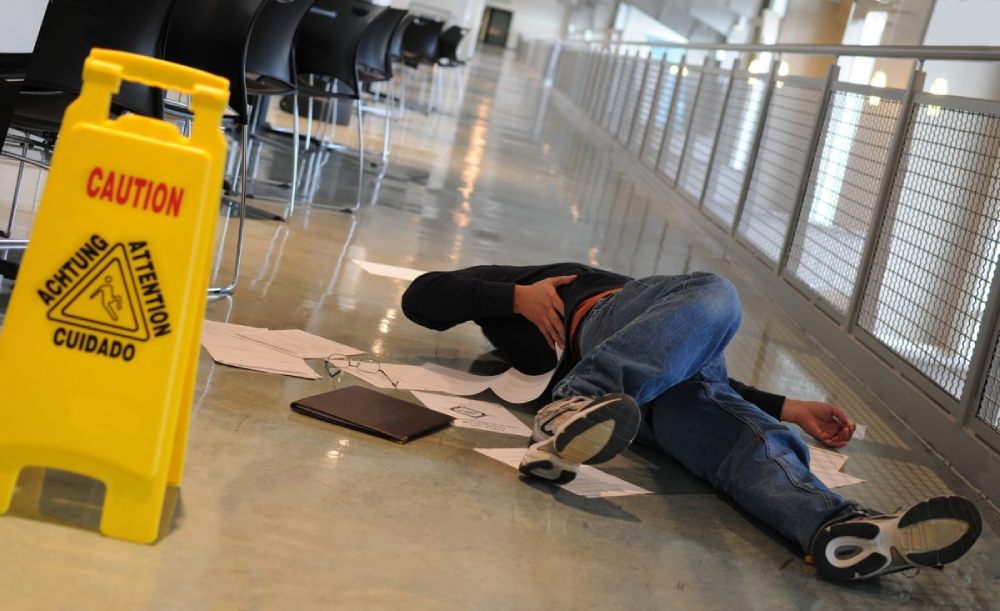
Premises liability cases happen when someone gets hurt on someone else’s property because of a dangerous or dangerous situation, like a lack of security, a bad building, or a dangerous animal.
In those cases, the person who owns or lives on the property could be responsible for the injuries caused by the dangerous situation.
5. Product Liability

If you’ve been injured because of a defective product, like a car, medical device, or even a piece of furniture, you can be held accountable for it.
In a product liability case, the company that made the product, the distributor, or the store can be held responsible for the damage caused by the faulty product.
6. Slip and Fall Injuries

Slip and fall injuries happen when someone slips and falls on someone else’s property because it’s in a dangerous condition, like a wet floor, an uneven surface, or a property that’s not well-maintained.
In those cases, the person who owns or occupies the property could be held responsible for the injuries caused by the dangerous condition.
You Might Like Also: Top 10 Disability Lawyers and Legal Agencies in New York
What Remedies Can A Tort Lawyer Provide You?
If a tort hurts you, you can expect the following remedies from a tort attorney:
(a) Compensatory Damages: Compensatory damages are a common remedy in tort cases, compensating the injured party for their losses, including economic and non-economic damages like medical bills, lost wages, property damage, and emotional distress.
(b) Injunction: An order or injunction is a court order that tells a defendant to stop doing something or to take certain steps to stop someone else from hurting them. An order is usually given in a tort case to stop someone from hurting someone else.
(c) Liquidated Damages: In the event of a breach of contract, the parties to the contract agree in advance on what is known as “liquidated damages,” which is often used in business contracts to avoid a drawn-out court battle.
(d) Nominal Damages: In cases where the court finds that there was a technical breach of their rights without causing any real damage, the court may award the plaintiff a lump sum of money.
(e) Punitive Damages: Punitive damages are used by courts to punish people who do bad things and stop them from doing bad things in the future, usually when it’s done intentionally or recklessly.
(f) Restitution: Restitution is when the defendant has to put the plaintiff back in the position they were in before the lawsuit, usually when the defendant took money or property without permission.
Discover More: Top 10 Tricks Lawyers Use in Depositions: Expert Strategies For Success
What Defenses Can You Expect In A Tort Lawsuit?
One of the most common types of defense in a tort case is a defense that either absolves the defendant of fault or reduces the amount of money they have to pay.
(a) Assumption of risk: Assumption of risk is a defense where the plaintiff should have known the risks involved in the injury, arguing they should not be able to recover damages.
(b) Comparative negligence: Comparative negligence is a defense where the defendant argues the plaintiff should be partially responsible for their injuries, reducing the damages awarded accordingly.
(c) Contributory negligence: It’s when the plaintiff is so negligent that they can’t get compensation for their injuries because they didn’t do anything to cause them.
(d) Immunity: In some cases, the defendant won’t be held responsible, like if they were a government worker or official.
(e) Self-defense: A defendant can argue that they acted in self-defense to prevent harm to themselves or others.
(f) Statute of limitations: If you file a lawsuit after the statute of limitations has expired, you can use the statute of limitations defense to argue that the claim is too late and should be thrown out.
May You Like Also: Car Wreck Lawyer: When You Should Hire One And Why?
Bottom Line
If you’ve been injured due to another person’s negligence, you may be entitled to compensation.
Tort lawyers can help you pursue a claim, so contact a qualified lawyer for legal advice.
To find tort attorneys near your location, search “tort lawyers near me” on Google for best recommendations.
You May Like Also:
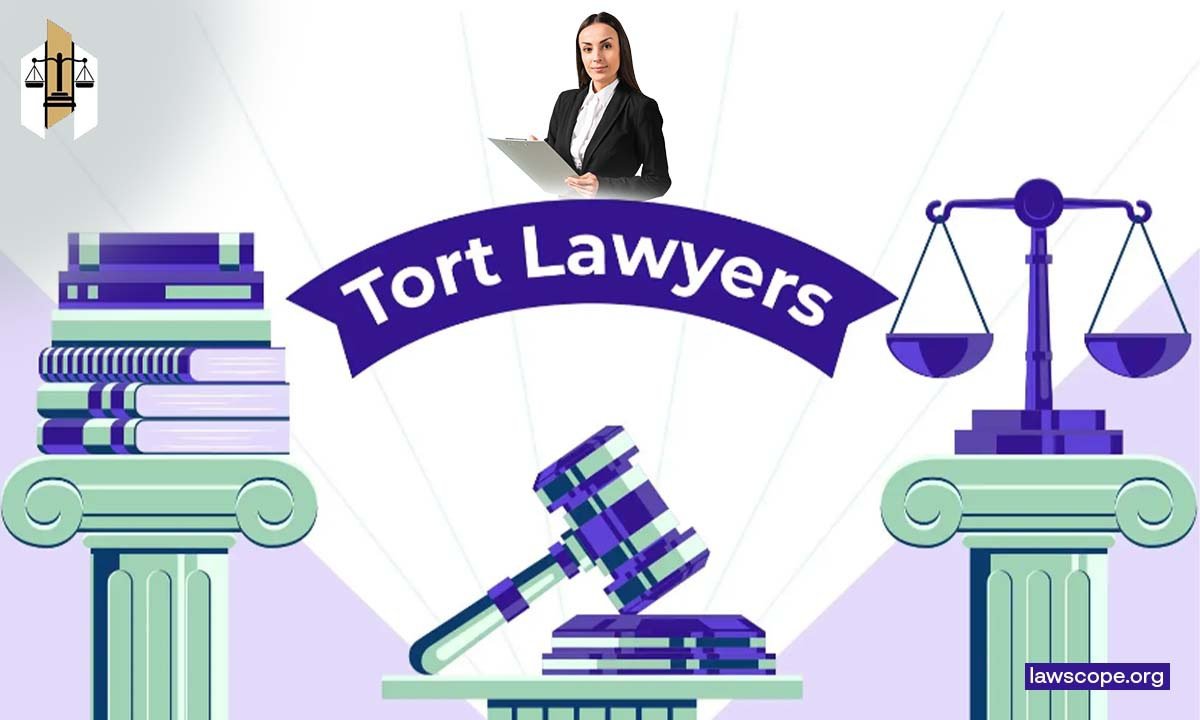




Leave a Reply